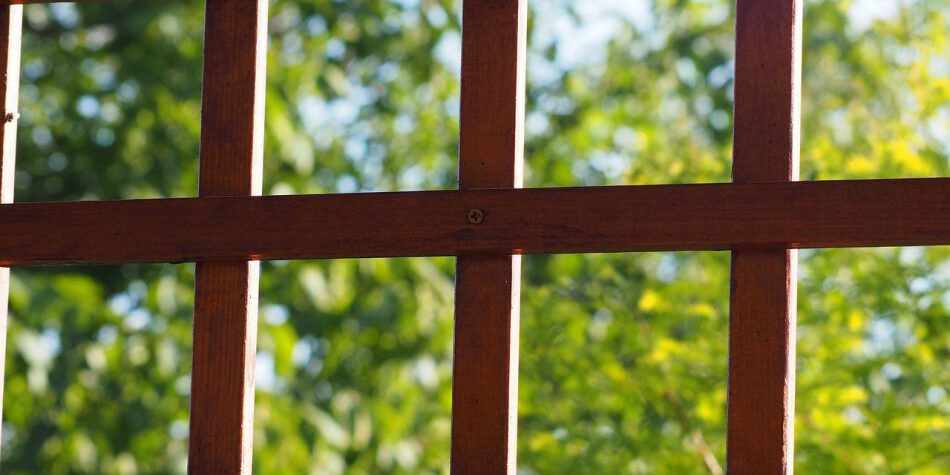Pergolas have become a popular addition to outdoor spaces, providing shade, structure, and style to gardens, patios, and other outdoor areas. When considering building a pergola, one of the most crucial decisions to make is selecting the right materials for its construction. The choice of materials can significantly impact the pergola’s durability, aesthetics, and maintenance requirements.
Wood: A Classic Choice
Wood is a traditional and versatile material for building pergolas. Cedar, redwood, and pressure-treated pine are popular wood options due to their natural beauty, durability, and resistance to rot and decay. Cedar and redwood are naturally insect-resistant, making them ideal choices for outdoor structures. Wood pergolas can be stained or painted to match the existing outdoor decor, offering a customizable and timeless look. However, it’s important to note that wood may require regular maintenance, such as sealing or staining, to preserve its appearance and structural integrity.
Metal: Strength and Modern Appeal
Metal pergolas, typically made from aluminum or steel, offer a contemporary and sleek alternative to traditional wood structures. Aluminum pergolas are lightweight, durable, and low-maintenance, making them an attractive choice for homeowners looking for a hassle-free option. Steel pergolas provide exceptional strength and stability, ideal for supporting climbing plants or hanging accessories. Metal pergolas are available in various finishes, from powder-coated to matte, allowing for customization to suit different design preferences. While metal pergolas are generally more expensive upfront, their longevity and minimal maintenance requirements can make them a cost-effective choice in the long run.
Vinyl: Low-Maintenance Elegance
Vinyl pergolas are gaining popularity for their durability, low maintenance, and wide range of design options. Vinyl is a synthetic material that resists rot, decay, and insects, making it an excellent choice for outdoor structures exposed to the elements. Vinyl pergolas are available in various colors and styles, mimicking the look of wood without the maintenance requirements. Additionally, vinyl is easy to clean with just soap and water, making it a hassle-free option for homeowners seeking a long-lasting and elegant pergola solution.
Fiberglass: Lightweight and Durable
Fiberglass pergolas offer a lightweight and durable alternative to traditional materials. Fiberglass is resistant to rot, corrosion, and pests, making it an excellent choice for outdoor applications. Fiberglass pergolas are available in a range of colors and finishes, allowing for customization to complement different architectural styles. While fiberglass pergolas may be more expensive upfront, their longevity and minimal maintenance requirements make them a practical choice for homeowners looking for a hassle-free outdoor structure.
Choosing the Right Material for Your Pergola
When selecting the material for your pergola construction, consider factors such as durability, maintenance requirements, aesthetics, and budget. Each material has its unique characteristics and benefits, so it’s essential to weigh the pros and cons based on your specific needs and preferences. Whether you prefer the classic charm of wood, the modern appeal of metal, the low-maintenance elegance of vinyl, or the lightweight durability of fiberglass, there is a material that suits your style and practical requirements.
In conclusion, the materials you choose for your pergola construction play a significant role in the structure’s longevity, appearance, and maintenance needs. By carefully considering the characteristics and benefits of wood, metal, vinyl, and fiberglass, you can select the material that best fits your outdoor space and lifestyle. Invest in quality materials that align with your preferences to create a beautiful and functional pergola that enhances your outdoor living experience for years to come.






